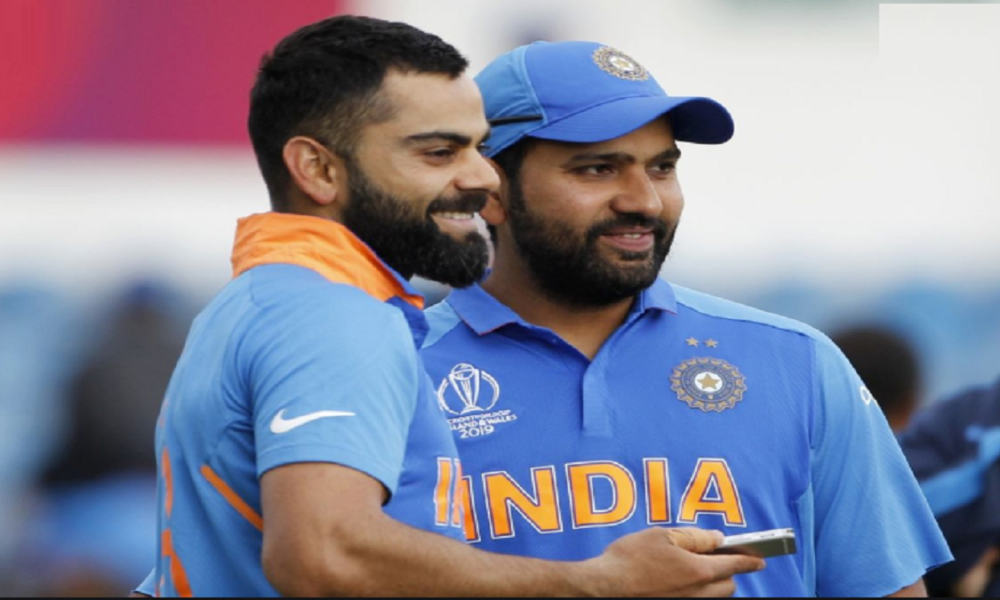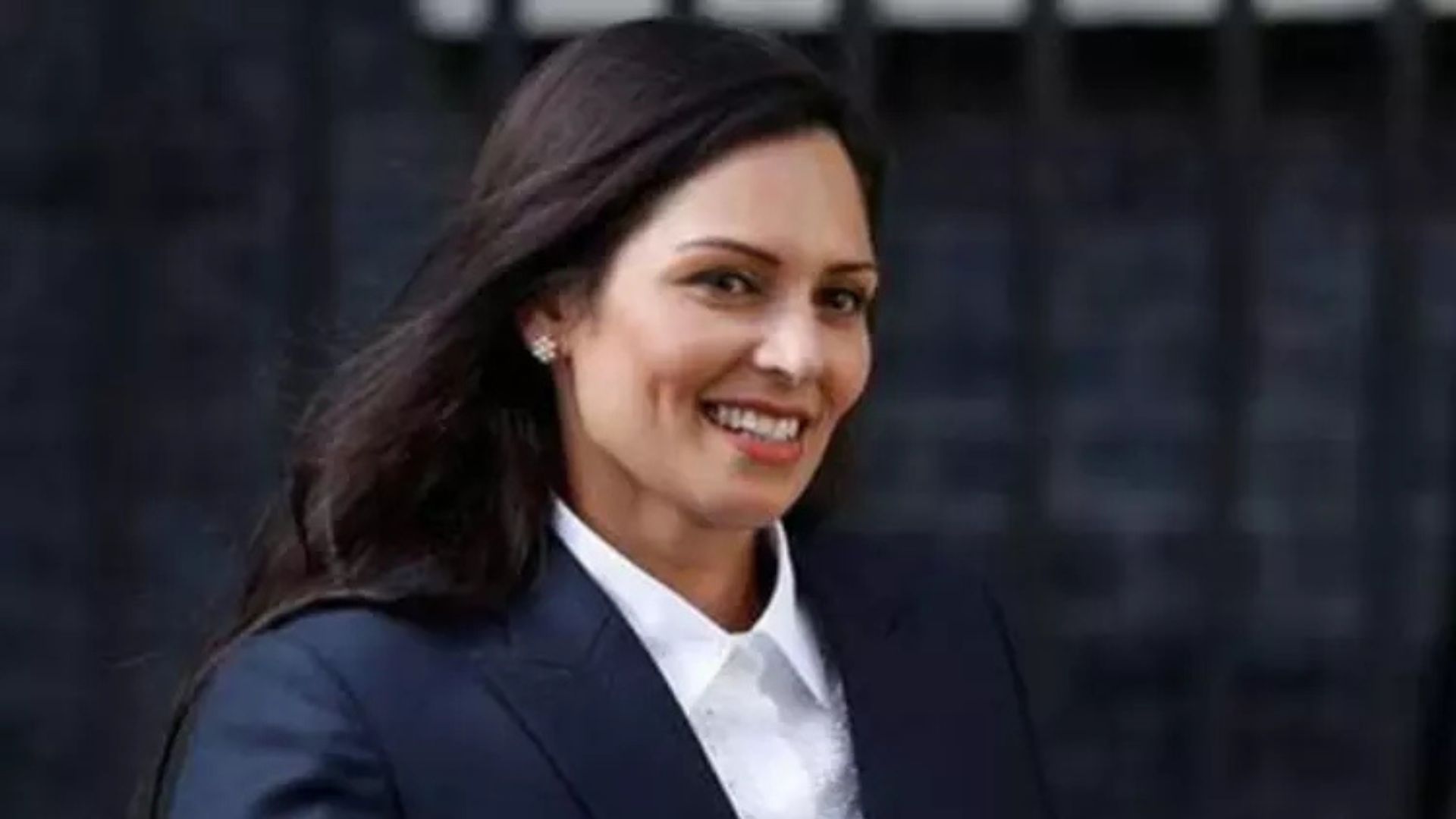After India’s exit in the semifinals of last year’s World Cup, reports emerged about an alleged rift between two of Team India’s star performers — Vice-Captain Rohit Sharma and Captain Virat Kohli. It is said that Rohit had unfollowed Virat and his wife Anushka Sharma on social media platforms, leading to further speculation. But this brings up a pertinent question — should teammates necessarily be friends? Is it essential for them to hang out and spend time with each other off the field? Let’s examine.
There have been reports of rifts between players and between captain and coach right from the alleged tussle between Sunil Gavaskar and Kapil Dev in the 1980s to the well-documented split between Sourav Ganguly and Greg Chappell in 2005 and more recently Virat Kohli and Anil Kumble in 2017. In this day and age of social media, players are always posting content showcasing their off-field camaraderie with their teammates. However, let’s extrapolate this to the corporate world. Do we post photographs and videos with our colleagues on a regular basis? Some may say yes, while the some may say no. Isn’t it normal for us to have disagreements with our co-workers on a variety of professional work-related issues? Do we spend time with them outside working hours? The reason for this is that they are our colleagues. We share a professional relationship with them.
Continuing in a similar vein, both Rohit and Virat are first and foremost colleagues. They started out in the Indian team around the same time. Each has their own personal and professional goals and idea as to how the Indian team must progress and succeed going forward. This, I believe, is the crux of the relationship between players. They must share a common goal for the well-being and betterment of the team they are playing for. It is not necessary for them to see eye to eye on every matter.
Rohit has captained the Mumbai Indians to four IPL titles and has led the Indian team with distinction in the absence of Virat. His tactical acumen, leadership and man-management skills have been applauded by one and all. Virat, on the other hand, has not yet led India to victory in an ICC tournament and neither has RCB won an IPL under his leadership. Yet, despite the above, Virat is the undisputed leader of the Indian team. In similar circumstances, a less mature person would have tried to portray himself as the leader of the team.
However, Rohit is not like that. An astute and sensible individual, Rohit has thrown his weight behind Virat’s leadership and is playing a commendable supporting role. To conclude, the whole issue of a rift between Rohit and Virat seems like much ado about nothing.







